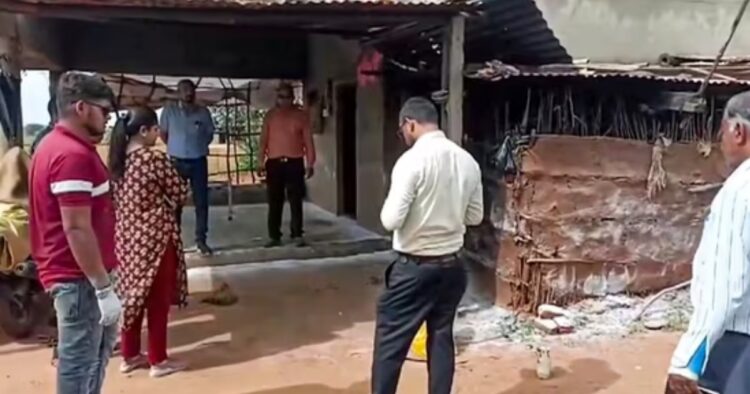The Union Health Ministry, along with medical experts, reviewed cases of Chandipura virus and Acute Encephalitis Syndrome (AES) in Gujarat, Rajasthan, and Madhya Pradesh on Friday. Dr. Atul Goel, Director General of Health Services, and experts from AIIMS, Kalawati Saran Children’s Hospital, NIMHANS, and other health units participated in this review.
Since June 2024, there have been 78 cases of AES reported in children under 15 years old across the three states. Gujarat has seen the majority of these cases and the highest number of deaths.
Out of 76 samples tested at NIV Pune, nine were confirmed positive for Chandipura virus, all from Gujarat. This outbreak has caused 28 deaths, with 5 directly linked to the virus.
Experts noted that infectious agents cause only a small proportion of AES cases in the country. They stressed the importance of detailed studies on the epidemiology, environment, and vectors of AES cases, especially in Gujarat.
Gujarat’s Chief Minister Bhupendra Patel reviewed the current situation of viral encephalitis and Chandipura virus in the state on Thursday. He announced a large-scale campaign in every taluka to control vectors and contain the spread of these diseases.
ALSO READ: “Gujarat Health Crisis: Suspected Chandipura Virus Claims Lives of Six Children”
The Chandipura virus belongs to the Rhabdoviridae family and is known for causing outbreaks in western, central, and southern India, mainly during the monsoon season. It is transmitted by sand flies and ticks. With no specific treatment available, prevention and early detection are crucial.
Key measures to combat these diseases include vector control, good hygiene, and public awareness. These diseases primarily affect children and can lead to severe illness or death. The health ministry highlights the importance of early referral and symptomatic treatment of suspected AES cases to improve patient outcomes.

















Comments